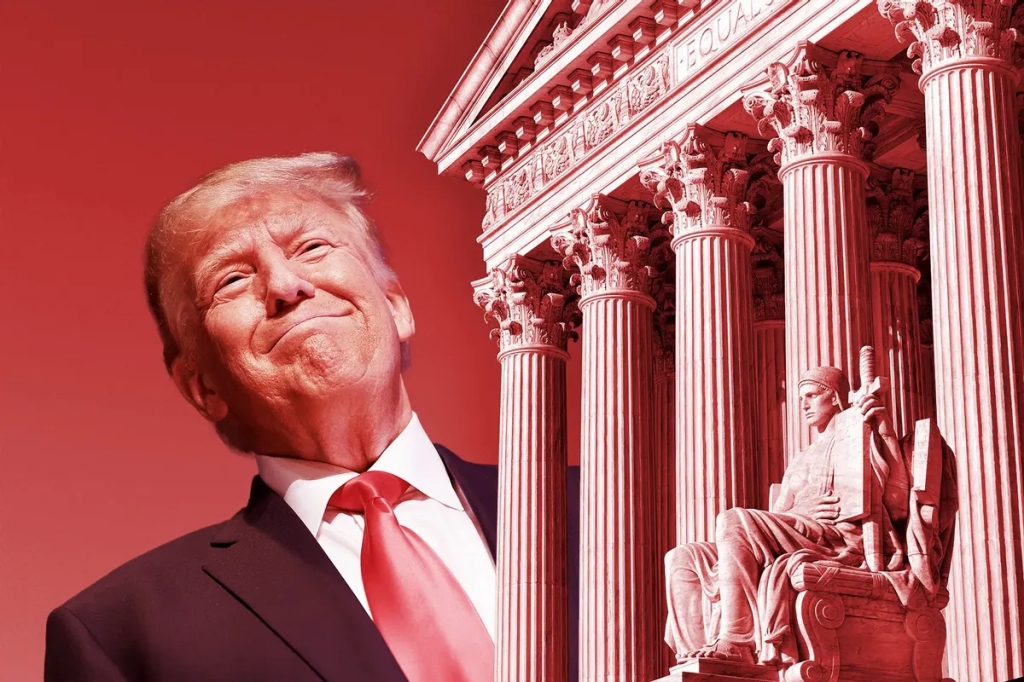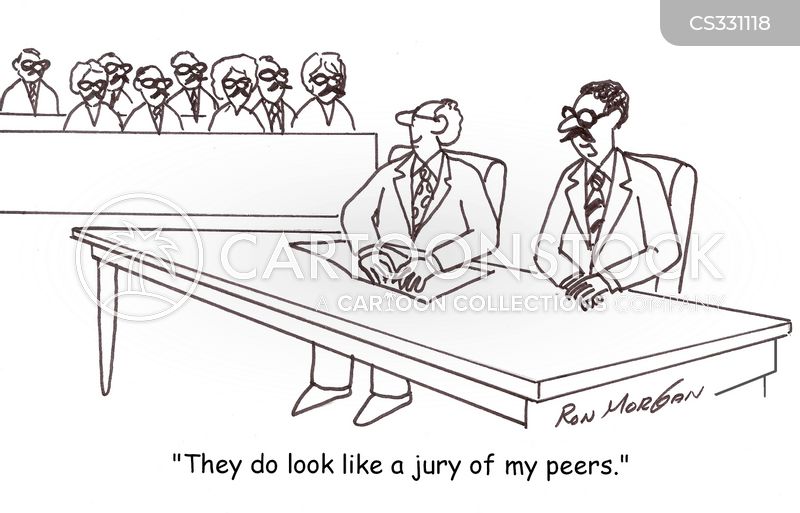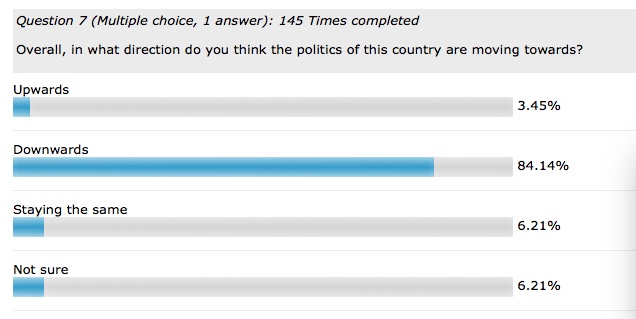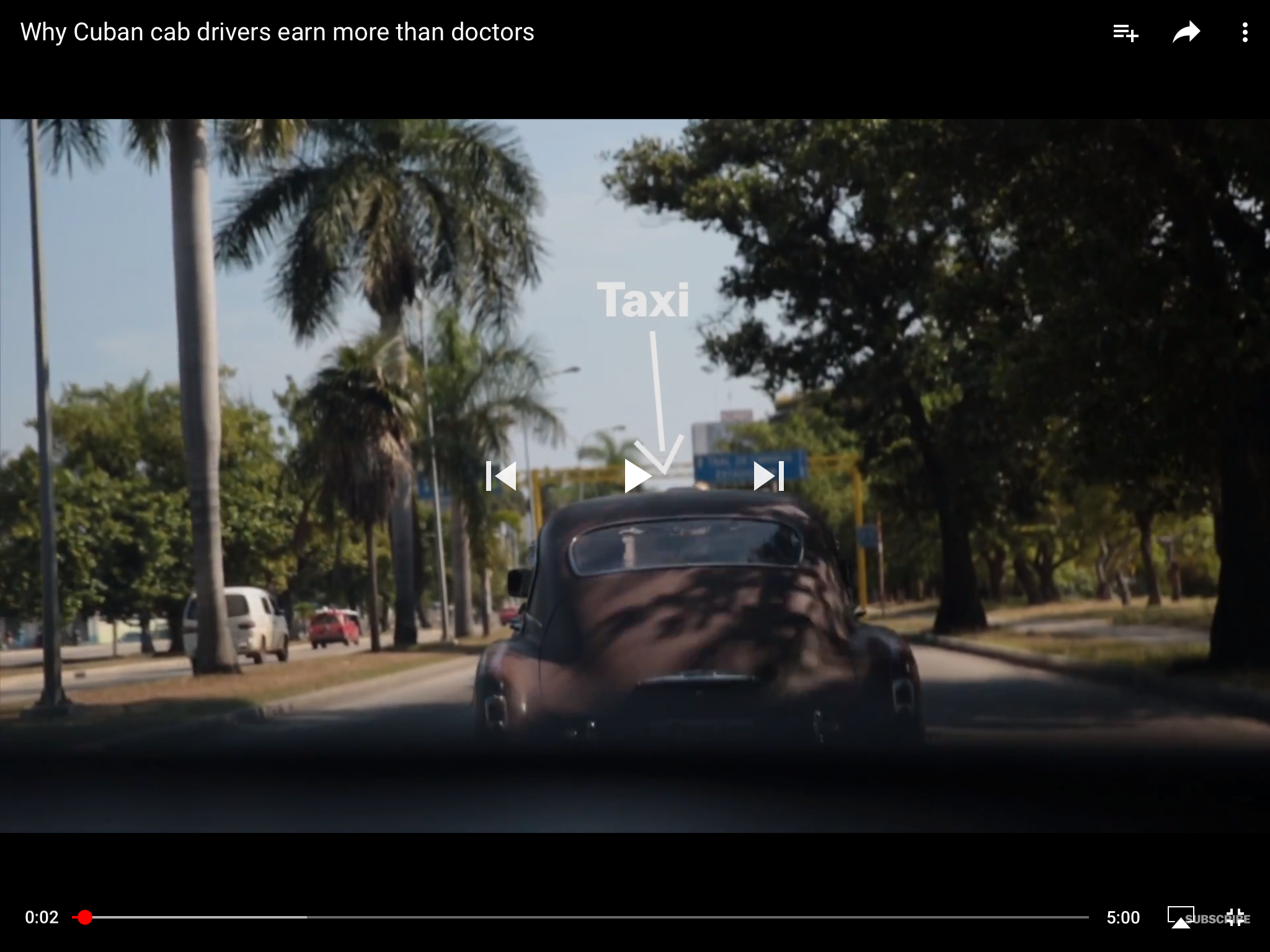Much of the polarized debate on undocumented immigrants in the U.S. springs from emotional and tribal fears. But that tribal outlook is not just about fear. Ironically, it also about hope.
Although far from a majority, a large portion of the U.S. population wants to make it more difficult for immigrants to enter this country. They also want to send those who are here, with and without papers, back to their ancestral homes. There is fear and hopelessness in these responses. Disappearing jobs and stagnant wages have made some Americans into extremists. They are willing to think of the worse as they hope for the best. This is true even for those who came here as immigrants, or are themselves people of color, or who may also agree that the undocumented are hard-working and make a lot of contributions to this country. None of this matters any longer.
For many Americans, the undocumented are simple “lawbreakers.” They don’t care if these young immigrants have dreams. They resent the fact that their own dreams have no way of becoming true. So, they hope to dash the dreams of the undocumented. Yes there is resentment, racism, and bitterness there. But it is more.
Deep inside, most of these deniers believe that they are righting the scales of justice. The Dreamers may be hardworking, young, and innocent. But they are still lawbreakers and deserve to be punished. This punitive action is not likely to make their own dreams come true. But it will satisfy a thirst for some kind of justice.
For Joe Kleve, 21, a senior at St. Mary’s University of Minnesota in Winona, the argument that the young immigrants had been brought by their parents held no weight.
What if someone’s parents were caught sneaking their whole family into a movie without paying, he asked. “Are they going to just kick the parents out?”
For Mr. Pham, 39, the issue was personal. He, too, arrived in the United States as a toddler, as a legally admitted refugee from Vietnam. But until his family could find American sponsors, they were parked in a refugee camp overseas for more than a year.(NY Times “Most Americans Want Legal Status for ‘Dreamers.’ These People Don’t.” January 25, 2018)

They want justice against those they hold responsible for their losses. They don’t blame the titans of industry or the politicians, of both parties. It’s the Dreamers they accuse. These young people whose early lives were spent at the bottom rungs of this society as marginal and utter dregs in a fast flowing and increasingly unequal plutocratic country. But why this relatively small, deprived, and non-threatning group of young immigrants?
It’s because the Dreamers now have educational and professional achievements to their name. They have the temerity to show that huge obstacles can be surmounted. These Dreamers were seemingly able to brush off discrimination, poverty, and segregation and move upwards and so easily through the maze of globalized job losses and occupational hazards that thwart the dream-deniers. They hate that the Dreamers could overcome. The last thing deniers want to do is to bring Dreamers over the finish line by giving them legal status too.
This is why DACA supporters are making a mistake by suggesting that support for these young people is a kind of moral test. Yes, they were brought here as innocent young people. But that innocence doesn’t touch a significant sector of despondent Americans of many races and immigration status. Those who want them out are not persuaded by the economic contributions DACA young people have and will make to this country.
Not all of these deniers are nativists or racists. But most of them simply don’t want to see this country work for others. This is what Make America Great Again means to a lot of them. Perhaps this country cannot be kept white. But they aim for a future that can suddenly become positive and hopeful for them, without Dreamers. Perhaps, just perhaps, those well-paying and stable jobs Dreamers have or aspire to will again become available to them if ICE can push them out.
This all sounds dystopic and sad. There appears to be no easy way out of this penurious and delusional reaction to Dreamers. But it does not have to be. It’s possible to imagine a different, more realistic, and positive path. But to get there, DACA supporters will have to change their strategy. The goal should not be to continue the claim that Dreamers are not only innocent but hard working and successful. That just irritates too many Americans who see themselves as being equally hard working yet not as successful in education or jobs as the Dreamers. Latinos and Dreamers must appeal to the American sense of fairness and justice.
These young Latinos were brought to America by their parents. But their parents did not decide to go to America voluntarily. Their parents were encouraged and pushed to leave their country. This must be part of the messaging. Each Latino sender country has a history of American corporations buying up huge tracts of agricultural land and leaving campesinos, the Dreamer’s parents, without any real economic options to survive in their own countries. NAFTA institutionalized this process. The impact NAFTA has had on Mexican agriculture is largely responsible for the Mexican and Central American undocumented migration into the U.S.

The stories we tell to support the Dreamers should be about their parents. The parents may be guilty of sneaking into this country. But they are also victims of corporate avarice and economic domination…in their own country. They were economically battered, pushed out, and, as a result, had to sneak into the U.S. This is a story of loss that many American workers, even dream-deniers, may understand.
Dream-deniers have also been victimized by bank foreclosures, globalization, and job lay-offs. Many corporations have also come out publicly against Trump policies and actions, like the Muslim ban. Trump supporters and corporations are not necessarily clear allies. Trump and his supporters are more likely economic nationalists and authoritarian statists. Now, it’s likely that the dream-deniers will respond, like Trump, by also denying that U.S. corporations and government have ever done anything wrong in Latin America or anywhere else in the world. Yet Trump has also provided a possible conceptual bridge between the two.
Trump recently connected the Dreamers to white American deniers who feel dispossessed and hurt by the global economy. In Trump’s 2018 state of the union speech, he proclaimed “Above all else, we must remember that young Americans have dreams, too.” This statement, in a sober but largely incoherent speech, shows that Trump is crafty and very aware that the word “Dreamers” represents a beautiful “marketing coup” designed by Latino and Democratic leaders.
The word Dreamer gives undocumented youth a veneer of innocence and vulnerability that is difficult to attack. Trump’s goal was to take the word Dreamer back from Mexicans and Latinos and connect it, instead, to those Americans who want to deny Dreamers any sanctuary and any legal path to remain in the U.S. Trump sought to make the deniers pure, innocent, and hopeful.
Latino leaders should accept Trump’s inversion of the word. Accept and invert it once more. Make American deniers into Dreamers who, like Latino Dreamers and parents, have also suffered at the hands of corporate and government elites who don’t have their interests at heart. But do so by linking the political economy of Latino undocumented flight into this country to the political economy of middle class and working class job and wage losses in the last 40 years.
Not all Trump supporters are nativists who simply want to whiten the country and keep non-white people from living in the U.S. And polls continue to show overwhelming public support for legal status for Dreamers. The latest poll shows 84% of Americans support granting legal status. But we don’t have to change how all deniers see the true Dreamers. Getting this done really means getting Congress to support Dreamers too.
What stops Congress from supporting Dreamers? First, there are the gerrymandered districts, full of the small percentage of anti-immigrant extremists, that elected so many of them into office. Those nativist extremists won’t forgive such betrayal. And Congress is hated so much by the American public, only 18% approval in the latest poll, that they have to hitch their wagon to the slightly more popular but legally vulnerable Trump.
This conceptual slight of hand may even turn the tables on Trump. It may get him to support this linkage between the Dreamers and his erstwhile “dreaming” supporters. I don’t think we can wait until the next redistricting maps (after 2020) or for a Democratically controlled Congress to change the policy on immigrants. Waiting will not protect Dreamers or Latinos from the rising nativist tide of violence and oppression.
The existential threats are immediate and palpable for Dreamers and Latinos in general. Changing the conversation, words, and perception of what Dreamers represent is a necessary first step. It may create the critical geographic and popular support that can sway Congress to support Dreamers. It may also help protect Latinos from the growing anti-immigrant and nativist movement that is already resulting in deadly physical attacks against Latinos, Dreamers and non-dreamers alike.
It’s time for Latino leaders to swing for a home-run rather than for a single. Dreamers, Latinos, and other working Americans can be saved only by making the case that capitalism cannot solve the problems caused by capitalism. The case against trade is that it is not only bad for the American working class, it is also bad for the working classes in Latin America too. Establish a class alliance to make support for Dreamers possible. Wishful thinking? Perhaps. But none of the strategies being pursued now are likely to deliver legal status to the millions of Latinos here without papers.




















